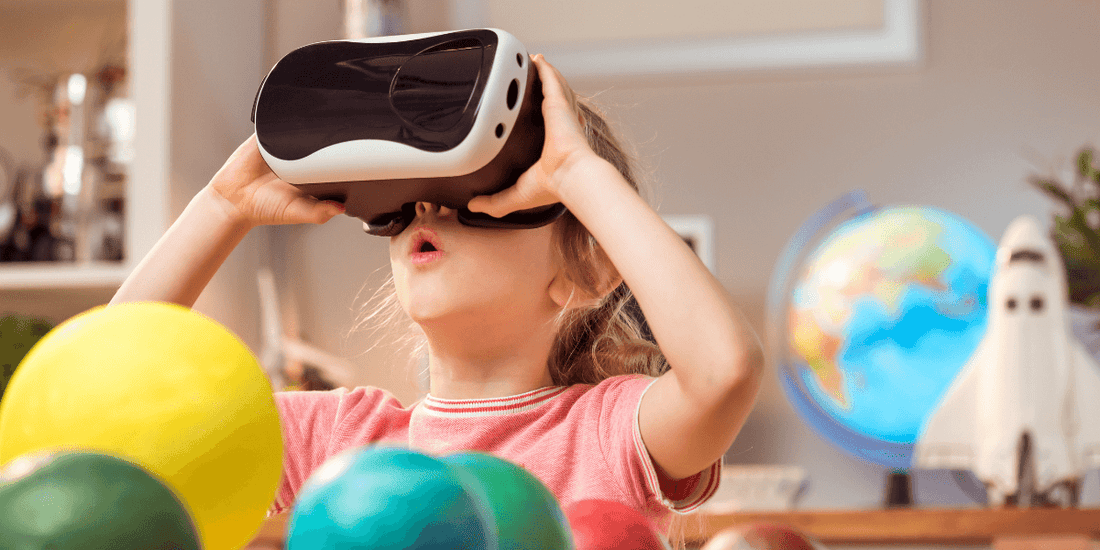
Virtual Reality in Education, Benefits, Tools and Resources
Share
The use of Virtual Reality (VR) is rapidly gaining popularity with educators. It offers immersive experiences for students and changes the role of the teacher from one of content delivery to one of facilitation. VR allows educators to create virtual labs where students can safely mix chemicals and experiment with different materials. In addition to enhancing learning, VR will help teachers block distractions in the classroom. This article examines three benefits of VR in education.
For the classroom, VR provides a new way to engage students. For example, virtual tours can make learning more enjoyable. Interactive games can engage students in the experience. While traditional education relies on human interaction, VR is based solely on software. While this can be beneficial to certain subjects, it may endanger relationships between students. However, it is worth considering that the use of VR in education is not yet widespread in all disciplines.
Using VR in education is not limited to elementary school simulations. For example, VR can be used in the classroom to simulate the workings of a lab. With VR, students can conduct research, culture bacteria, and visualize chemical reactions. Similarly, it can be used for comprehensive military training. Students can study art in a virtual gallery, for example, and even get internships in museums and galleries.
Despite its new features, VR is still controversial, but a study by Samsung found that 85% of teachers believe it will enhance the educational process. It is even being used in a classroom setting for a more personalized and immersive learning experience. While it is a comparatively new technology, the technology is already being widely adopted in many schools, including universities. And with its growing popularity, it will soon be a common sight in classrooms.
When VR is used in education, it opens up new worlds. For example, it allows students to explore places around the world in VR. They can also learn about cultures from around the world. In addition, VR can be used to explore historical sites. In some cases, students can view these historical places in a museum and converse with the figures in them. This can be an enriching experience. In addition to VR in education, it can also be used for other educational purposes.
While it is not an essential part of education, it is a valuable tool for developing social and cultural competence. With VR, students can be immersed in a virtual environment and engage in activities and interactions that would not be possible with real life experiences. As a result, they can experience a broader world and learn about different cultures. This is a valuable skill for students and can be developed further with the use of VR in education.
In today's interconnected society, it is important to be able to understand different cultures and to respect different people. The use of VR in education can help develop cultural competence as well as morals. It is a wonderful tool for introducing VR in education. It can even help students travel to remote locations, which can be a useful part of learning. It has the potential to improve the quality of life for all participants, including those with special needs and disabilities.
Educators can also use VR in education to benefit students. The use of VR helps students experience situations they otherwise wouldn't have the opportunity to experience. The use of VR in education is a great way to teach children new skills while they are immersed in their own worlds. A child's ability to learn something by doing is a great benefit of this technology. In fact, it can help educators and students alike.
As with any technology, VR has many benefits for education. It increases the chances of students retaining information and increasing their emotional responses. It also increases their chances of getting a job in the future. Moreover, it increases students' knowledge and retention of information. The ability to experience complex environments and areas can be invaluable for a student in a variety of subjects. It is also an effective way to learn more about a topic.